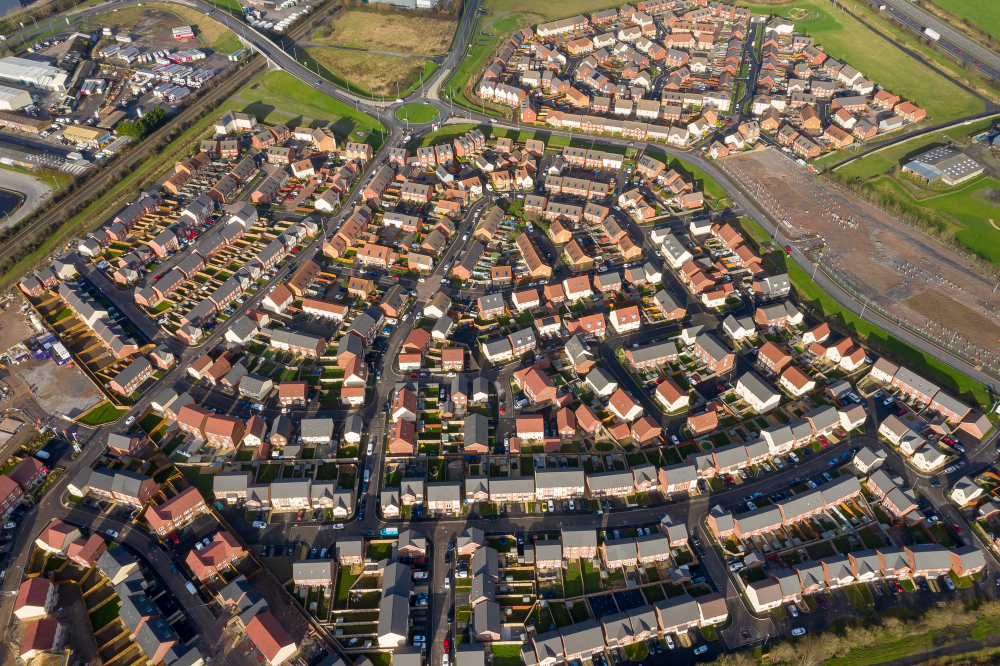When looking for a mortgage, you’ll come across various terms that might seem confusing at first. Understanding the differences between mortgage types is essential to finding the right product for your financial situation. Here’s a quick guide to some of the most common:
1. Standard Variable Rate (SVR)
The Standard Variable Rate (SVR) is the default interest rate that lenders offer once your fixed, tracker, or discount deal ends. It tends to be higher than other types of rates and can fluctuate at the lender’s discretion. If you’re on an SVR, your payments can go up or down depending on the lender’s decision, which is often influenced by changes to the Bank of England base rate.
2. Interest-Only Mortgage
With an interest-only mortgage, you only pay the interest on the loan each month, meaning your monthly payments are lower than with a repayment mortgage. However, you’ll still owe the full loan amount at the end of the term. This type is typically used by buy-to-let investors or borrowers with a strategy in place to repay the capital at the end of the term.
3. Fixed Rate Mortgage
A fixed-rate mortgage offers the security of knowing that your interest rate and monthly payments will remain the same for a set period, usually between two and five years. This makes budgeting easier, as you won’t have to worry about fluctuating rates during the fixed period. Once the fixed term ends, you’ll typically be moved onto the lender’s SVR unless you remortgage.
4. Tracker Mortgage
A tracker is linked to the Bank of England base rate. This means that your payments will go up or down depending on changes to the base rate. While trackers can offer lower rates when the base rate is low, there’s also the risk that your payments could rise if the base rate increases. This type offers flexibility but can be unpredictable.
Confused about mortgage types? Contact HFA Mortgage & Protection today for expert advice on finding the right choice for you.
Your home may be repossessed if you do not keep up repayments on your mortgage.
There may be a fee for mortgage advice. The precise amount of the fee will depend upon your circumstances but will range from £195 to £695 and this will be discussed and agreed with you at the earliest opportunity. Bank of England





